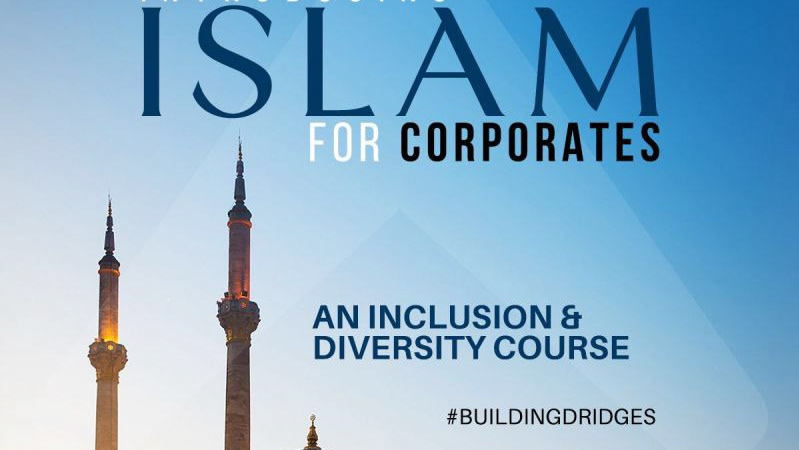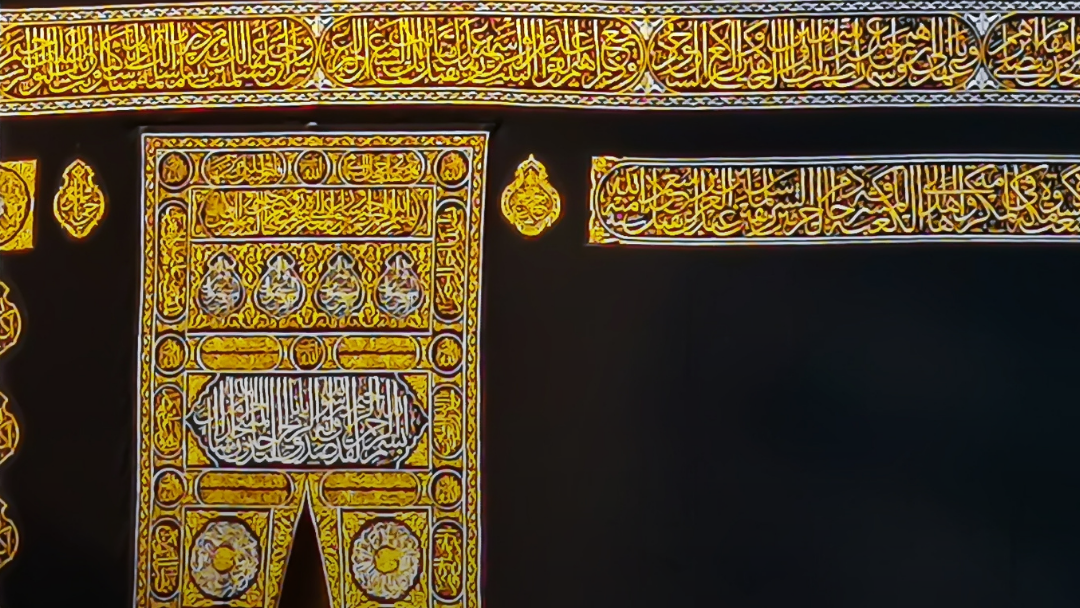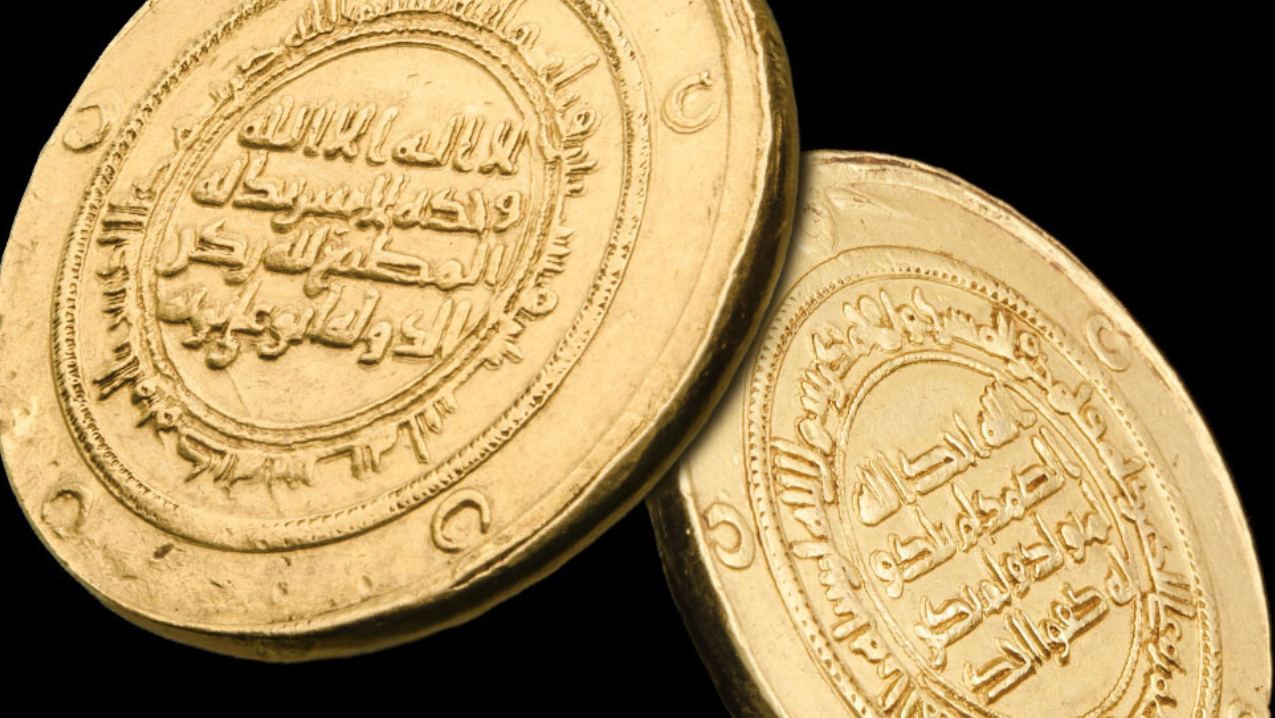Purify Your Wealth:
Before the revelation of the Qur'an, a flood destroyed the Ka'bah, prompting the Quraysh to rebuild it. Determined to use only pure wealth, they refused to include funds from Riba and other unlawful sources. However, their resources fell short, forcing them to leave out a portion of its original structure. Despite this, they did not compromise by resorting to Riba, because even they recognised that impure wealth cannot be used in the worship of Allah.
Riba is cursed by Allah and His Messenger ﷺ, and the Qur'an declares war against it. Due to its severe consequences, scholars advise complete disassociation from Riba and its harmful effects.
The Harms of Riba:
• Removes Barakah (blessings) from wealth
• Creates economic injustice and inequality
• Exploits the poor, needy and vulnerable
• Leads to financial instability
• The curse and punishment of Allah
May Allah protect us all, Ameen.
May Allah protect us all, Ameen.
Types of Riba-based transactions:
1. Riba al-Duyun (Interest on Loans/Debt)
This is the most widespread form of Riba today, found in:
• Bank Loans: Charging interest on personal, business, or mortgage loans.
• Credit Cards: Interest (usury) charged on outstanding balances.
• Overdrafts: Banks charge interest on negative balances in accounts.
This is the most widespread form of Riba today, found in:
• Bank Loans: Charging interest on personal, business, or mortgage loans.
• Credit Cards: Interest (usury) charged on outstanding balances.
• Overdrafts: Banks charge interest on negative balances in accounts.
2. Interest in Savings and Fixed Deposits: Banks provide interest on savings accounts, which constitutes Riba. Fixed deposit schemes with guaranteed returns are also interest-based. This also includes bonds issued by governments and corporates with interest-bearing securities.
3. Mortgages and Home Financing: Conventional mortgage loans charge interest and even compound interest over time, making homeownership through it Riba-based.
4. Stock Market and Riba: Dividend payments from interest-based investments. Stock trading in Riba-based companies, such as banks and financial institutions.
5. Payday Loans: High-interest loans, often with extreme repayment terms, which exploit people in financial distress.
6. Car and Consumer Financing: Leasing and financing plans that include interest-based repayment models.
7. Riba al-Buyu' (Usurious Trade Transactions): This includes unlawful exchanges where inequality exists, such as Forex and Commodity Swaps when the exchange of currency or commodities is delayed and unequal. Inflationary Paper Money Lending involves charging excessive markups or manipulating currency exchanges.
These forms of Riba dominate modern economies and financial institutions. Islamic finance offers alternatives, such as Murabaha (cost-plus financing), Mudarabah (profit-sharing), and Ijarah (leasing), which adhere to Shari'ah principles.
Therefore, if one has interest money, it must be disposed of. It can be given to a charitable cause but without intending a reward for it. At Al Dinar, disposed interest money is used to campaign against Riba, save our future generations from its harms and invest in alternatives such as advocacy of Islamic Finance to ensure we put an end to it once and for all.
Dispose Riba now:
Al Dinar
Account Number:
84031935
Sort code:
60-83-71
Account Number:
84031935
Sort code:
60-83-71
IBAN: GB57SRLG60837184031935
SWIFT/BIC: SRLGGB2L
Reference: Riba








